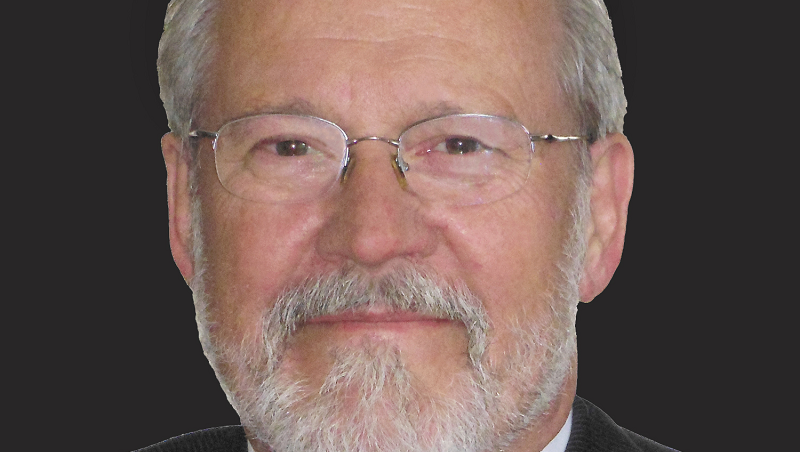Everyone knows Lord Acton's quote about absolute power corrupting absolutely, but the same is true about guilt. While a little guilt goes a long way, embracing systemic guilt is destructive and inhibits our progress as a nation.
If we want to live a productive life then we must keep our guilt in check and not take on the guilt of those who've come before us. I'm not suggesting that we begin each day with a clean slate that consigns our national mistakes to the dust bin of history, but the sins of our fathers should never become a nationally-accepted never-ending original sin.
Because we are human; we make mistakes. Because we make mistakes, we are human.
This is not a 'nature versus nurture' discussion. The anthropologists and sociologists are welcome to have a go at that. I'm only concerned with the facts and what I know to be the time-tested wisdom of others like George Santayana who said, "Those who do not learn history are doomed to repeat it." Aside from that obvious lesson we must acknowledge that many of the decisions we make are either attributable to conscience (knowing the moral difference between right and wrong) and guilt (taking on the personal or collective responsibility for wrongdoing).
Our collective moral conscience is the byproduct of our education and upbringing and is rooted in the core values of our society. Guilt is different. It isn't always rational and can be generational and culturally dependent. What one generation sees as morally repugnant and unacceptable depends on a number of important conditions for its sustainability. One of them is how far (in terms of time) we are removed from the actions of our forebears. Are we able to appreciate the context in which these actions took place and do we fully grasp the social or other pressures our ancestors faced when they made their decisions? Finally, have we correctly assessed the impact those decisions have had on our society then and now?
All are critical questions, and we must answer them before we shoulder any burden of guilt or accept the responsibility for those actions as being generationally transferable.
"All things flow from either conscience or guilt."
While that may sound like a flight from responsible decision-making, it's not. Deciding whether our positions are attributable to our conscience or guilt is a fundamental exercise, and we must work through it before we begin the process of fixing the future or preparing our mea culpas for past mistakes. If, after completing that exercise, we accept the responsibility for previous transgressions how do we redress them? Americans have been paying for their mistakes for centuries. Granted, the pay-back hasn't always come fast enough to ease the pain for those immediately affected, but we have made steady progress in righting history's wrongs.
Have we paid a high enough price for slavery, discrimination and prejudice?
Every country makes mistakes. The responsible ones admit their mistakes and rectify them. Slavery is relatively non-existent throughout the civilized world, though there are some nations that enslave their people through other means. We outlawed the physical ownership of people 157 years ago. Since then we have sought to even the playing field in terms of education and opportunity for the descendants of slaves through legislation. As a nation, we have paid a significant price for slavery, and while I believe that the initial debt has been paid, we must still guard against prejudice and bias. That goes for the slavery of autocratic governmental behavior, censorship and preferential treatment of any kind as well.
In short, our conscience must now prevail over our guilt, and we must not allow any group to weaponize it. This goes for ideologues and religious institutions alike.
The battle between conscience and guilt will continue because there will always be those who believe that "only by perpetuating our guilt can we vanquish our nation's inequities." We must never allow enslavement to guilt as a means to ease our collective conscience on a variety of issues like the environment, student loans, repatriation of our national lands or monetary reparations to the great, great, great, grandchildren of slaves.
Stephan Helgesen is a retired career U.S. diplomat who lived and worked in 30 countries for 25 years during the Reagan, G.H.W. Bush, Clinton, and G.W. Bush Administrations. He is the author of twelve books, six of which are on American politics and has written over 1,300 articles on politics, economics and social trends. He operates a political news story aggregator website: www.projectpushback.com. He can be reached at: stephan@stephanhelgesen.com








